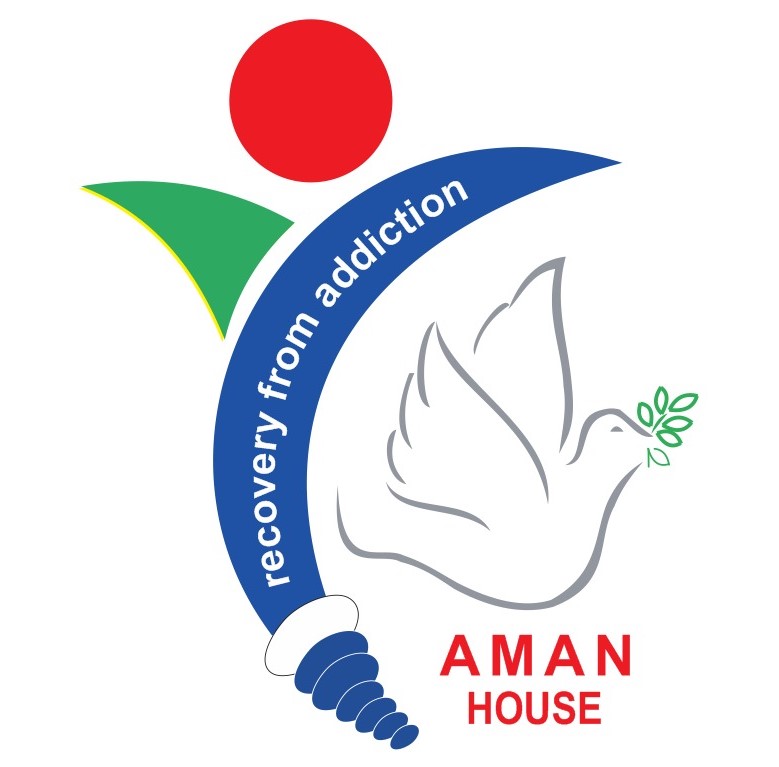Details
Depression is a mental health disorder that affects millions of people worldwide. It is characterized by persistent feelings of sadness, hopelessness, and emptiness, as well as a loss of interest in activities that were once enjoyed.
Depression can be caused by a variety of factors, including genetic predisposition, environmental stressors, and biochemical imbalances in the brain.
Symptoms of depression can range from mild to severe and may include changes in sleep patterns, appetite, and energy levels, as well as difficulty concentrating and making decisions. It is important to seek professional help if you are experiencing symptoms of depression, as it can be a serious condition that can have a negative impact on your quality of life. With the right treatment and support, however, it is possible to manage and overcome depression.
Side Effects
Depression is a mood disorder that can cause a range of physical and emotional symptoms. Some common side effects of depression include:
Feelings of sadness, hopelessness, and despair: Depression can cause individuals to experience persistent feelings of sadness and hopelessness, which can lead to a sense of despair.
Loss of interest or pleasure in activities: Depression can cause individuals to lose interest in activities they once enjoyed, which can lead to a sense of isolation and loneliness.
Sleep problems: Depression can cause changes in sleep patterns, including difficulty falling asleep, staying asleep, or waking up too early.
Appetite changes: Depression can also cause changes in appetite, including decreased or increased appetite, and weight changes.
Fatigue: Depression can cause individuals to feel tired and lacking in energy, which can make it difficult to complete daily tasks.
Difficulty concentrating and making decisions: Depression can also cause cognitive problems, such as difficulty concentrating, making decisions, and remembering things.
Physical symptoms: Depression can cause a range of physical symptoms, including headaches, back pain, and stomach problems.
Therapy for Depression
There are several effective therapies for depression that can help individuals manage symptoms and improve their quality of life. These therapies may include:
Cognitive-behavioral therapy (CBT): CBT is a type of therapy that helps individuals identify and change negative patterns of thinking and behavior that contribute to their depression. CBT can help individuals develop coping skills and strategies to manage symptoms, improve their self-esteem, and enhance their problem-solving skills.
Interpersonal therapy (IPT): IPT focuses on improving interpersonal relationships and communication skills. This therapy can help individuals identify and address relationship problems that may be contributing to their depression, as well as develop strategies for building stronger, healthier relationships.
Mindfulness-based cognitive therapy (MBCT): MBCT is a type of therapy that combines CBT techniques with mindfulness practices. This therapy can help individuals develop greater awareness and acceptance of their thoughts and emotions, which can reduce feelings of stress and anxiety.
Psychodynamic therapy: Psychodynamic therapy is a type of therapy that focuses on exploring unconscious patterns of behavior and emotion that may be contributing to depression. This therapy can help individuals identify and work through underlying issues, such as childhood trauma or unresolved conflicts, that may be affecting their mental health.
Group therapy: Group therapy can be an effective way for individuals with depression to connect with others who are experiencing similar challenges. Group therapy can provide social support, reduce feelings of isolation, and help individuals develop coping skills and strategies for managing their symptoms.
